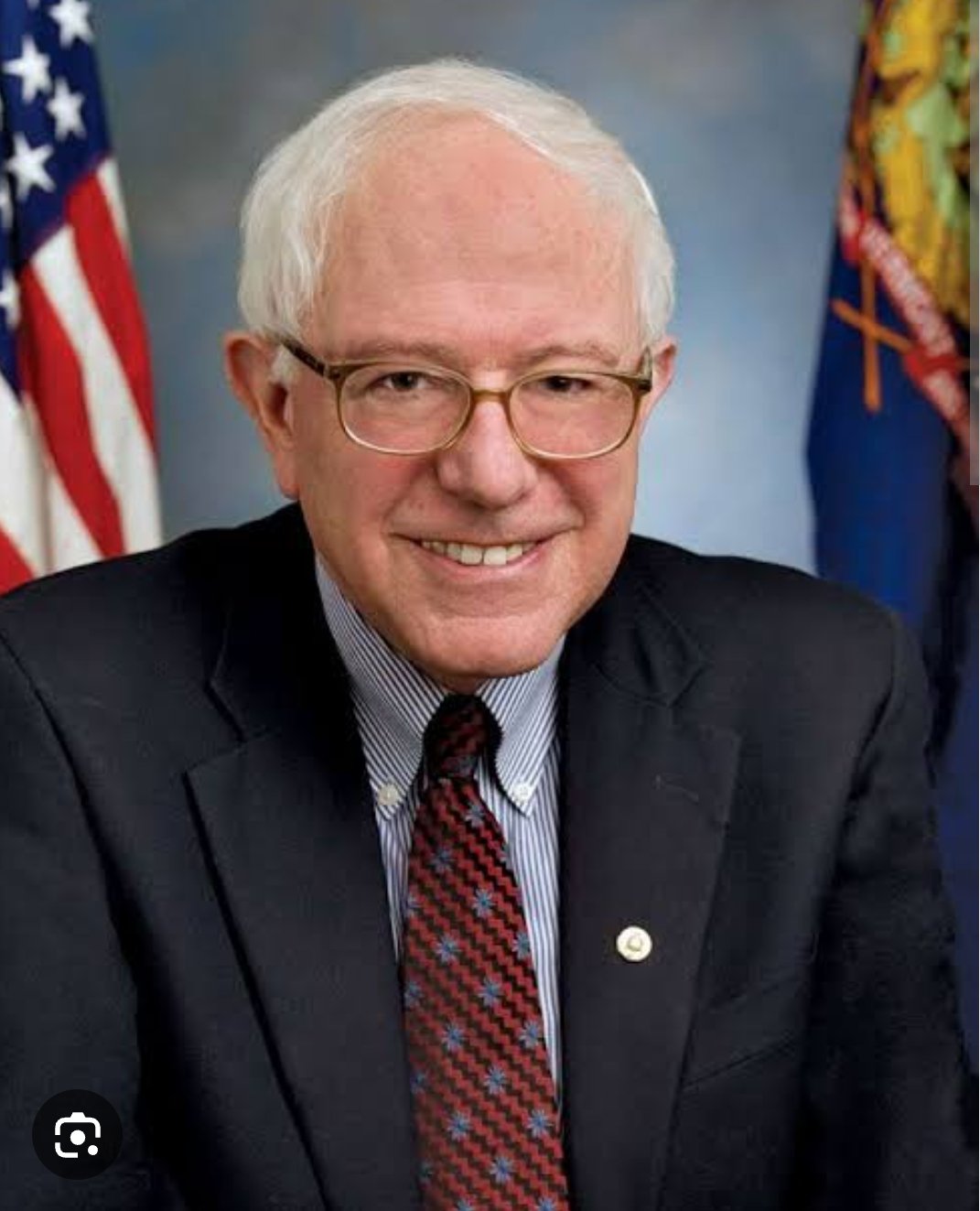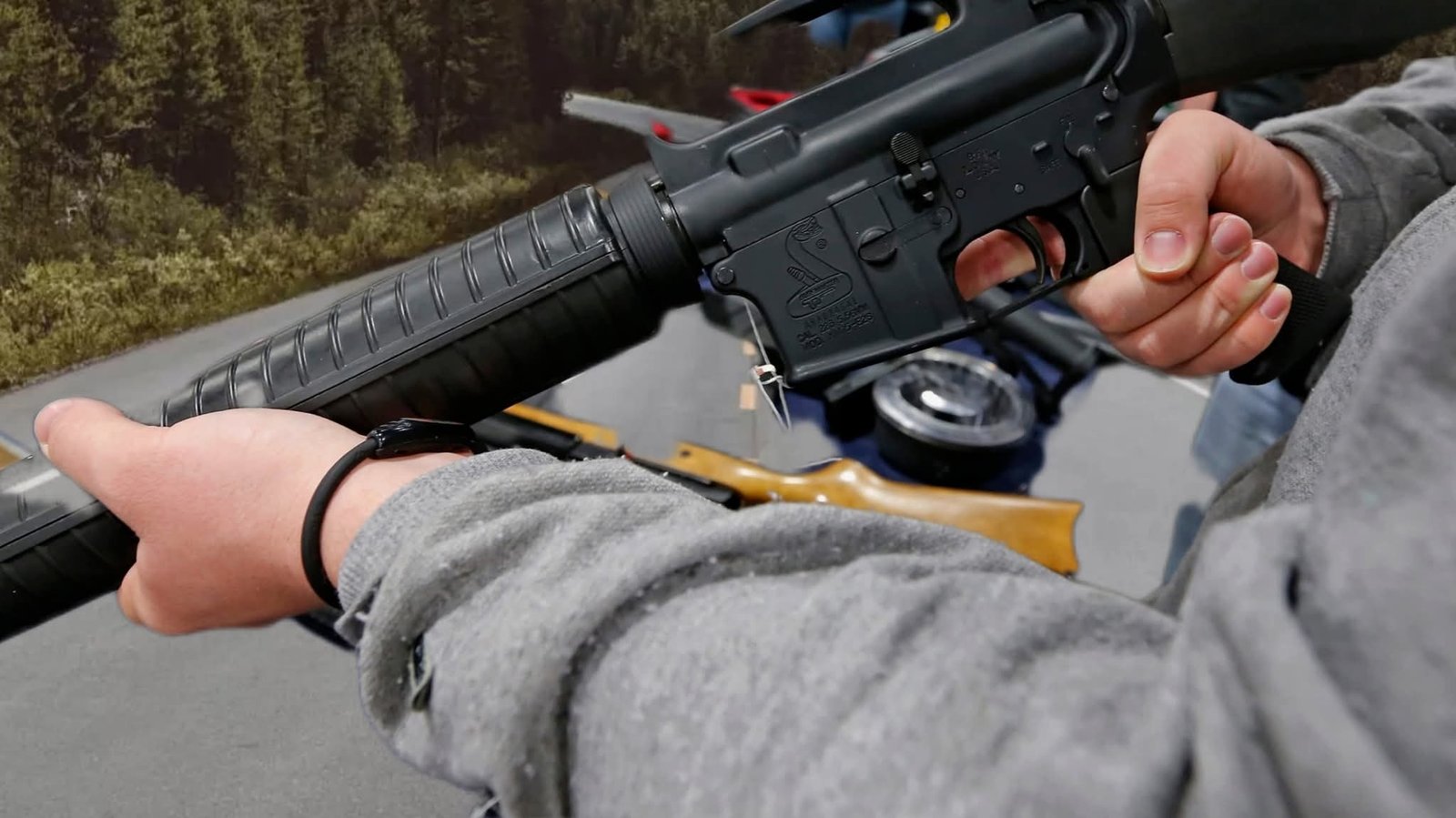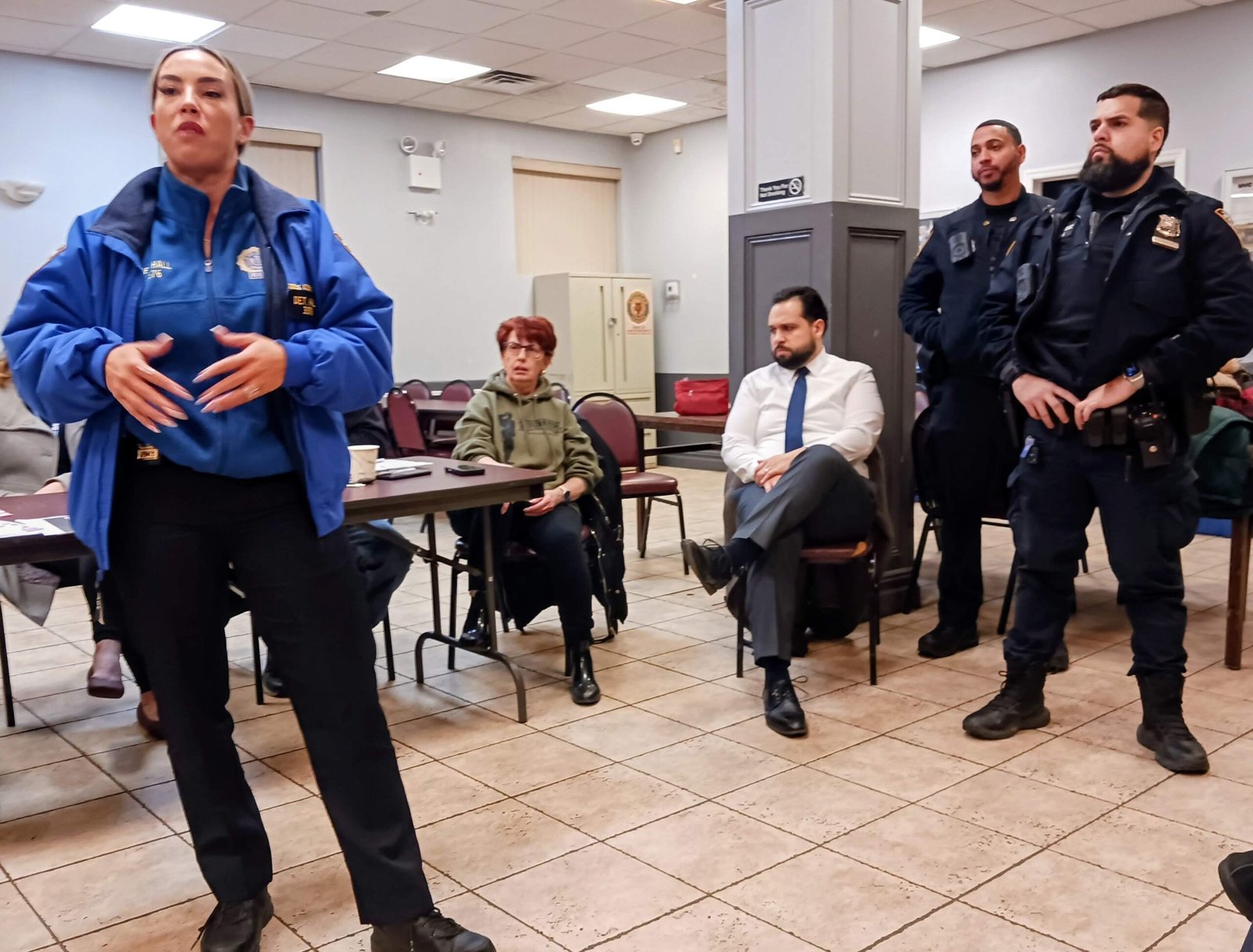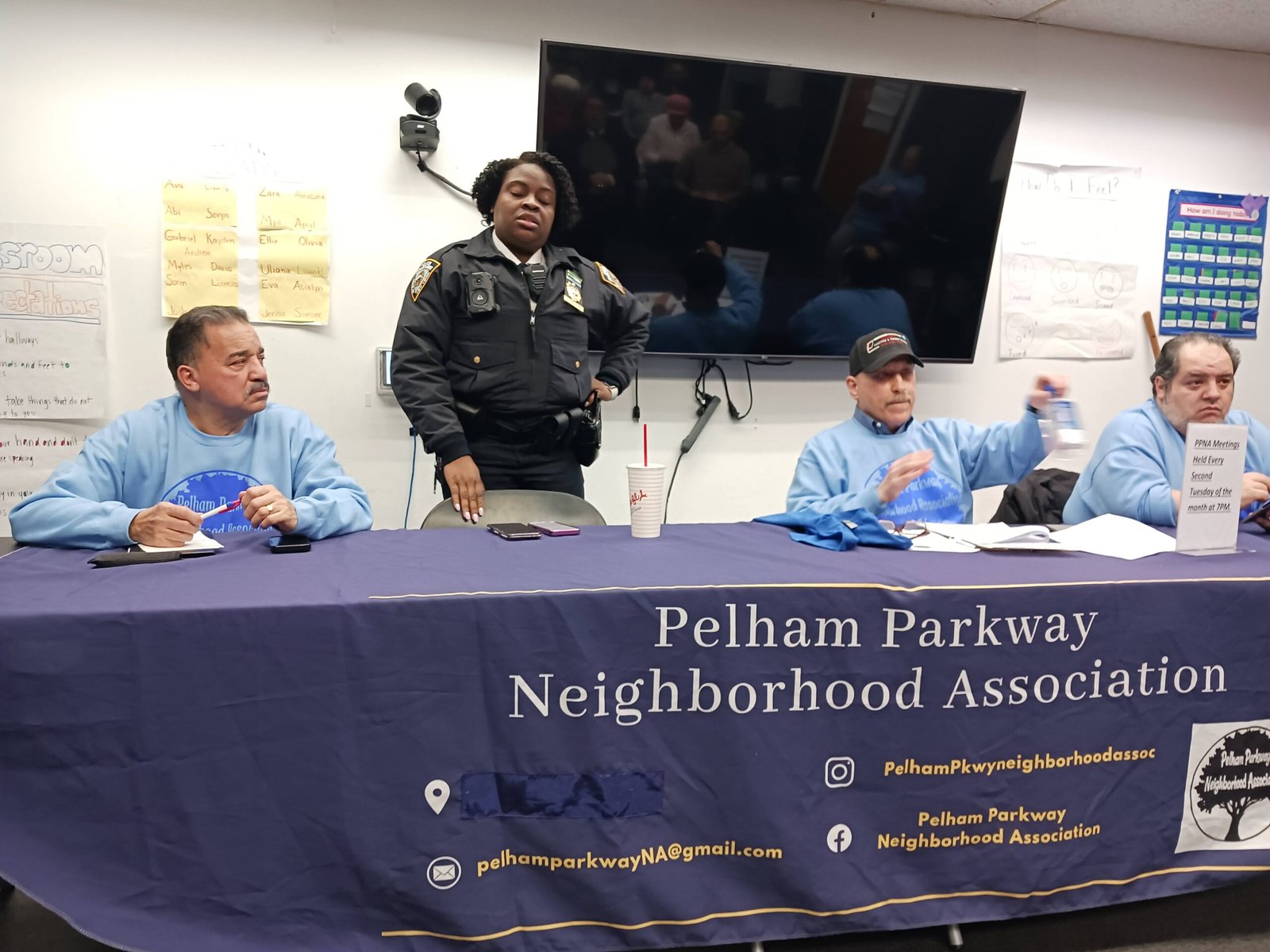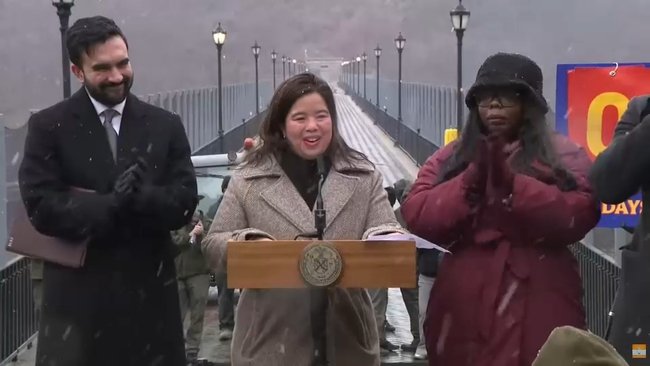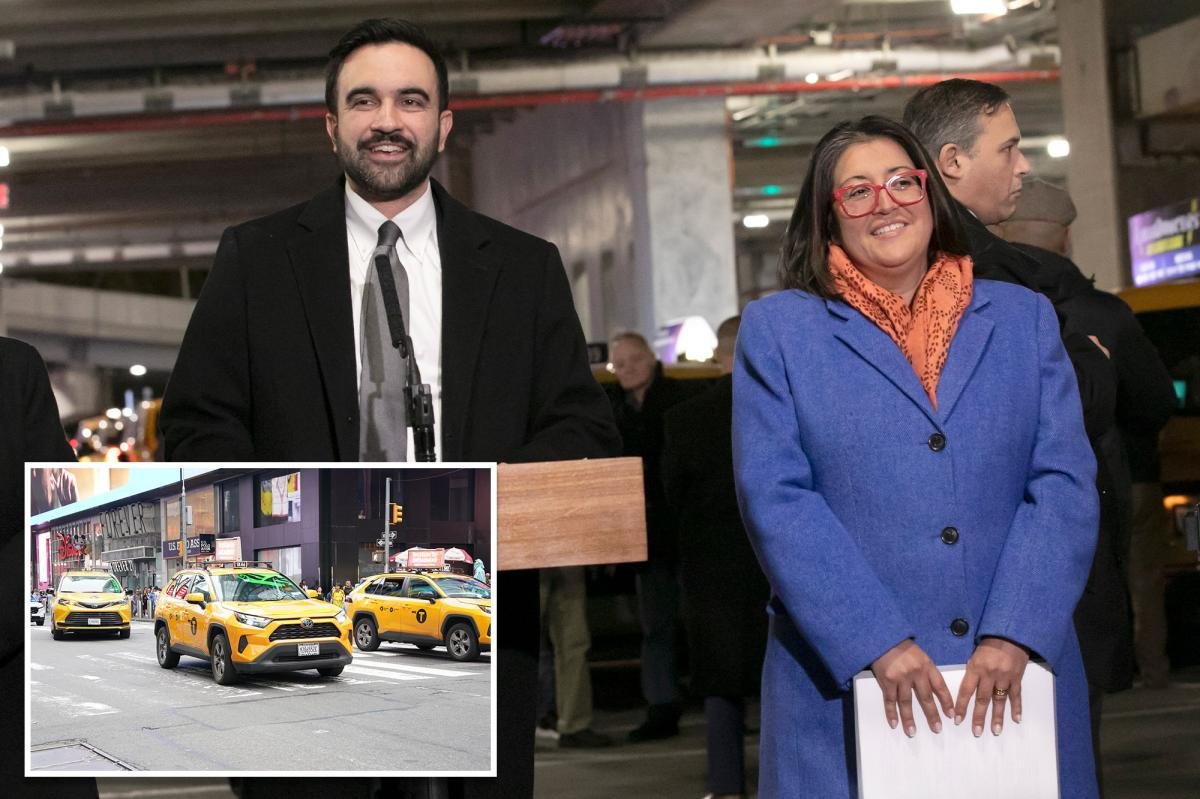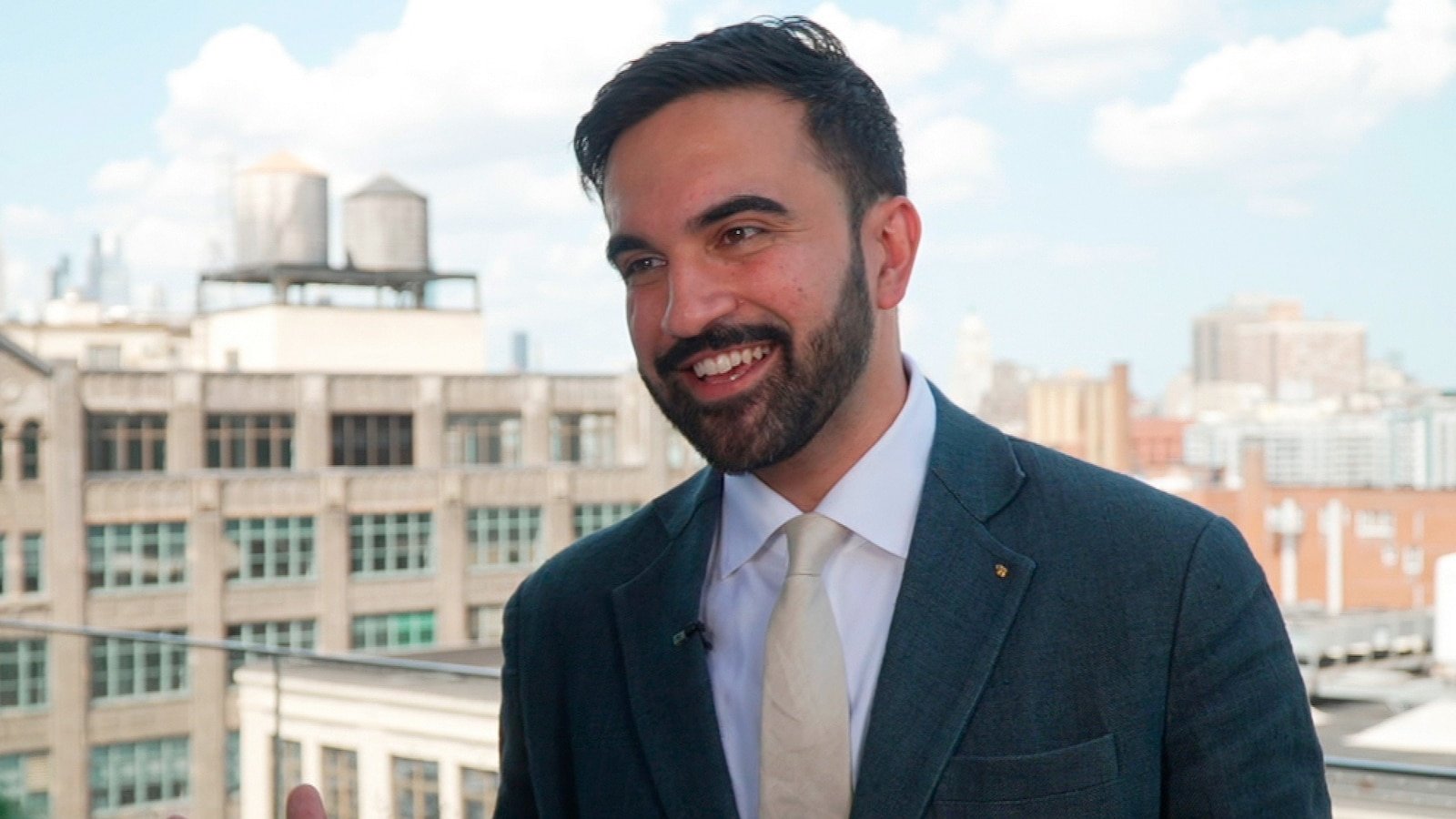
In the bustling metropolis of New York City, a shadowy force has emerged, weaving its tendrils into the urban fabric with an insidious blend of sophistication and stealth.
This force is the Tren de Aragua, a gang that originated from the depths of a Venezuelan prison and has since evolved into a formidable criminal network, notorious for its involvement in sex trafficking, human smuggling, and the drug trade.
Police detectives in the city have embarked on a relentless mission, conducting extensive interviews with informants, including self-confessed gang members, to map out the gang’s operations and neutralize its threat.
The Tren de Aragua, named after the Venezuelan state of Aragua, where it was born, has become a significant focus for federal officials. According to a Department of Homeland Security official, who requested anonymity, there were over 100 investigations tied to the gang earlier this year, resulting in more than 50 arrests nationwide.
In New York City, the gang has capitalized on the influx of over 210,000 migrants since 2022, engaging in criminal activities such as cellphone theft, retail heists targeting high-end merchandise, and the distribution of a synthetic drug known as Tusi, often laced with ketamine, MDMA, or fentanyl.
The gang’s integration into the city’s landscape is facilitated by its members’ ability to blend in seamlessly, posing as delivery drivers on mopeds, sometimes using food delivery packs to transport firearms.
The New York City Police Department has been working diligently to piece together the gang’s operations, exploring its recruitment strategies within migrant shelters and its clandestine communication channels via invite-only WhatsApp groups.
The Tren de Aragua’s formation has roots in the notorious Tocorón prison in Venezuela, where a raid uncovered not only an arsenal of weapons but also a mini-city complete with restaurants, a nightclub, a swimming pool, and even a zoo.
The prisoners, adopting the name Tren de Aragua, imposed order through fear, circulating recordings of executions and tortures to maintain control. As Venezuela descended into an economic and political crisis, the gang extended its influence beyond prison walls, exploiting and extorting vulnerable migrants, and rapidly expanding into neighboring countries like Colombia, Chile, and Brazil.
In New York, the gang’s presence was first detected early in the year, as federal officials warned local authorities of its East Coast infiltration. Joseph Kenny, the Police Department’s chief of detectives, revealed that since January, police have conducted at least 30 interviews, including with gang members incarcerated on Rikers Island. These interviews have provided valuable insights into the gang’s operations, although much remains to be understood.
Identifying Tren de Aragua members can be challenging, as they often bear specific tattoos—clocks, anchors, crowns, or verses featuring the word “Guerrero,” a nod to the gang’s Venezuelan leader. Their attire often includes Michael Jordan brand clothing and Chicago Bulls apparel, and their social media presence is marked by the peculiar use of the Albanian flag emoji.
The gang’s illicit revenue streams are diverse, ranging from drug sales to prostitution, with members communicating through WhatsApp groups named La Línea, or The Line. One incarcerated gang member detailed the substantial profits from coercing women into sex work to repay smuggling debts, while another described their methodical approach to targeted killings.
As of September, the police have identified 24 Tren de Aragua members within their database of 496 gangs in the city. Chief Kenny acknowledges that this number is likely an underestimation: “Do we think that there’s only 24 TDA members in New York City? That would be silly,” he remarked. “Obviously there are more.”
Tensions have also arisen with a splinter group named Anti-Tren and conflicts with established gangs like M.S. 13 and the Latin Kings, though alliances have been formed with others, including the Trinitarios. Notably, the Tren de Aragua has carved a niche in organized retail theft, a market less exploited by other gangs, often targeting valuable phones and watches while riding scooters.
Chief Kenny warns of the potential challenges ahead, stating, “What’s going to become difficult for us is when they begin to really lay down roots and solidify their position as a criminal organization.”
Photo: The Tocorón prison in Venezuela.



